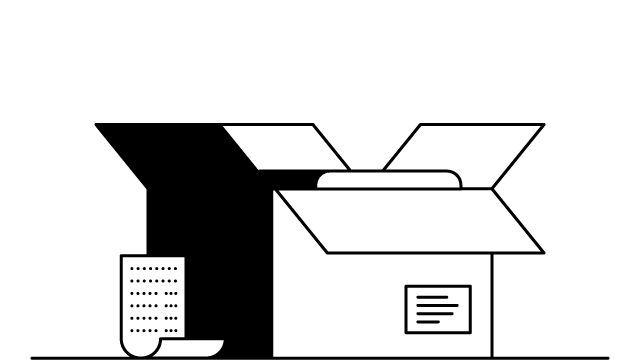Find out the real cost of buying a house
The potential cost of buying a house
You’ve found the house. The one. It’s perfect. You’ve sorted out the mortgage side of things – you know you can comfortably afford it. But in your excitement, have you considered all the hidden costs of buying a house? Because they can add up to more than you might have thought – it’s best to be prepared.
Whether you’re a first timer or you’re buying again and need a reminder, this guide includes some of the common fees you might encounter.
Here are the things you’ll almost certainly need to budget for. But, of course, life has its surprises and you could end up spending on even more:
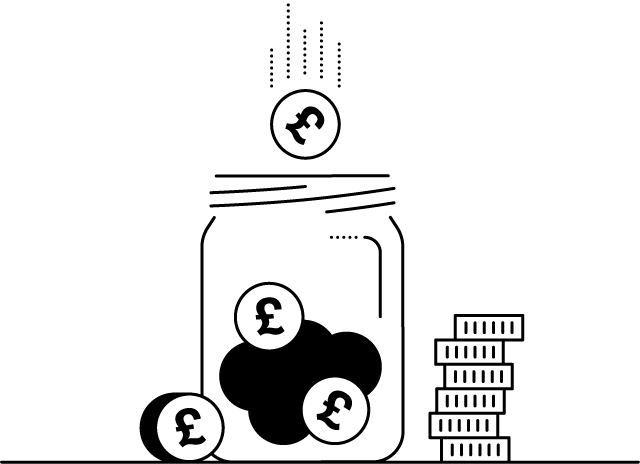
Mortgage fees
Mortgage arrangement fee
A mortgage arrangement fee (sometimes referred to as a mortgage completion fee) essentially covers the admin costs of setting up the mortgage. The total cost of these fees can vary depending on your lender and the amount borrowed, but the average is usually around £2,000*.
Often this is an upfront charge but some lenders allow you to add it to your mortgage. Just be aware that doing so may increase the amount you borrow and repay each month, and you may also end up paying interest on it.
Booking fees and mortgage indemnity insurance
When you take out a mortgage you may have to pay a booking fee which can range from £99–£1,500*. You may pay more or less though, as fees can vary considerably from lender to lender, so make sure you factor this in when choosing a mortgage. In addition, it’s worth noting that booking fees can be non-refundable, even if your mortgage falls through.
If you’re borrowing a large proportion of the property’s value (generally more than 90%), you may have to pay for mortgage indemnity insurance too (also known as Higher Lending Charge). This will reimburse the lender in the event that you can’t keep up repayments and the lender has to sell your property, potentially at a loss.
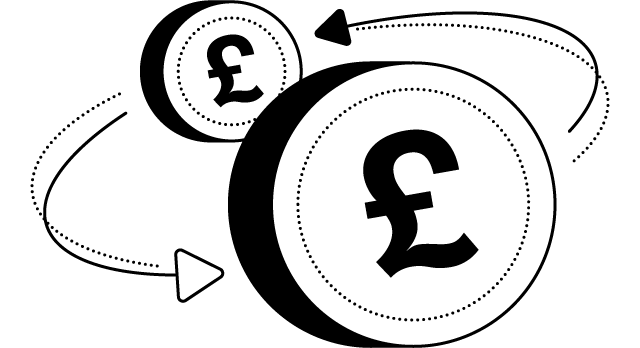
Survey costs
Valuation fee
Mortgage lenders need to be sure of a property’s value before they agree to help cover the cost of it. To work that out, they need to do a valuation and will expect you to front the cost, which is usually in the region of £200–£400*.
It might seem absurd, but remember that in some situations, you can end up paying more or less for a property than its actual value. The housing market, the seller’s desire to move, and your urgency to buy all have the potential to increase (and sometimes decrease) the amount you pay.
Surveys – homebuyers report and buildings survey
A survey is a check of the house that assesses whether there are any issues with it. You can opt for a basic homebuyer’s report, which just looks at the overall condition of the house, or the more expensive building survey (also known as a structural survey), which will assess how sound the house is in terms of elements such as walls and foundations.
How much does a house survey cost?
The charge depends on the type of report you choose, as well as the size of the property.
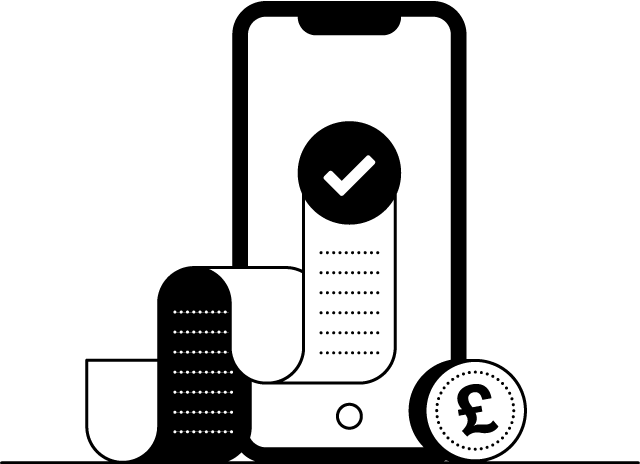
Legal Fees
Unless you opt for DIY conveyancing you’ll need to pay a solicitor, or hire a conveyancer, to deal with the reams of paperwork that are necessary. These legal fees (sometimes referred to as conveyancing fees) cover a number of important steps throughout your entire mortgage process:
- conducting local searches to determine whether problems in the area you’re buying might affect you (e.g. flooding, pollution or plans to build a motorway)
- covering Land Registry fees to ensure you are marked down as the new owner in government records
- ensuring contracts are drawn up, signed and exchanged
- paying transfer fees to move your agreed mortgage amount from lender to solicitor.
You can expect to pay between £500 and £1,500* for your legal fees, and the cost tends to be proportionate to your property value or the complexity of the case.
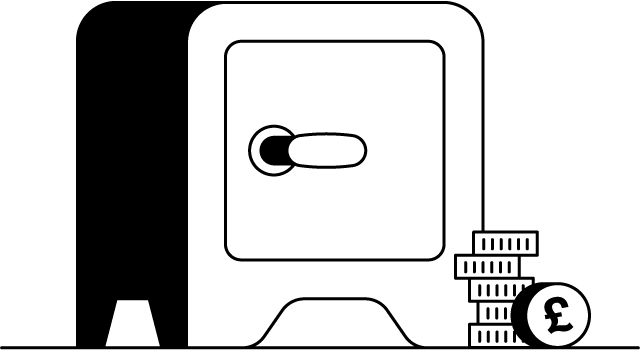
Deposit
There are two types of ‘deposit’ involved when buying a house, a mortgage deposit related to LTV (loan to value) and an exchange deposit (sometimes called a contract deposit).
A mortgage deposit is the amount of savings you have to put towards a house. As a rule of thumb your mortgage deposit should make up at least 5% of the price of the house you’re looking to buy, meaning that your mortgage will fund the remaining 95% of the house (95% LTV).
An exchange deposit is usually a proportion of the purchase price that you pay to the seller when contracts are exchanged. This secures the property and your solicitor will usually ask you for this. If you pull out of the purchase after this stage you will probably lose this deposit.
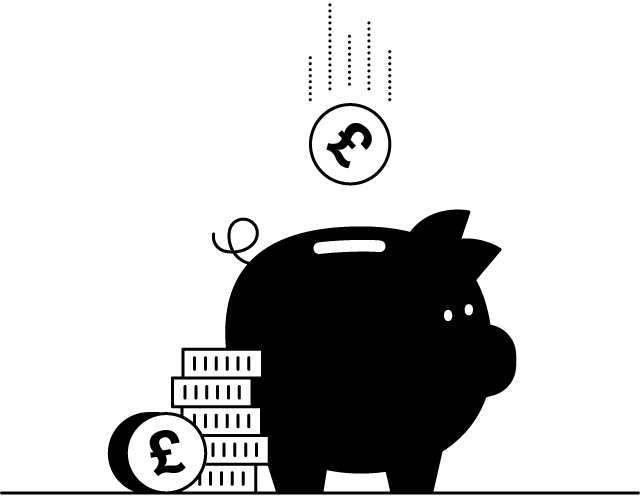
Think carefully before securing other debts against your home. Your home may be repossessed if you don't keep up repayments on your mortgage.
Stamp Duty
What is Stamp Duty Land Tax, you ask ? It is a tax you pay to the government when you purchase property or land.
From 1 April 2025, if you’re a first time buyer, buying a residential property up to £300,000 in England or Northern Ireland, you’ll pay no Stamp Duty Land Tax (Stamp Duty). If you’re buying a property over £300,001 to £500,000, you’ll pay 5% on the amount over £300,000. This means you’re only charged on the portion of the price that falls into that band. If you are buying a property for over £500,000, then you’ll pay the same Stamp Duty rates as an existing homeowner.
Stamp Duty rates in England and Northern Ireland
| Property Value | UK Stamp Duty rate on your first property |
|---|---|
| Up to £300,000 | 0% |
| From 300,001 to 500,000 | 5% |
| From 500,001+ | Existing homeowner Stamp Duty rates would apply. |
Land Transaction Tax (LTT) rates in Wales
If you’re a first-time buyer
Unfortunately, there are no reduced rates for first-time buyers in Wales.
If you’re buying a new home
From 1st April 2025, if you’re buying a new home in Wales as your main residence, the following rates apply:
LTT rates for existing homeowners
| Property Value | Percentage Taxed |
|---|---|
| Up to £225,000 | 0% |
| From £225,001 to £400,000 | 6% |
| From £400,001 to £750,000 | 7.5% |
| From £750,001 to £1.5 million | 10% |
| Above £1.5 million | 12% |
Remember you’re only charged on the portion of the price that falls into that band.
In Scotland, Stamp Duty is called Land and Buildings Transaction Tax and its principal is the same – however the price brackets are different:
Land and Buildings Transaction Tax rates in Scotland
For Land and Buildings Transaction Tax in Scotland there is a relief for first-time buyers available, which increases the residential nil rate band of Land and Buildings Transaction Tax to £175,000 - the relief will result in a reduction in tax of up to £600 for first-time buyers.
| Property Value | Scottish Land and Buildings Transaction Tax rate |
|---|---|
| Up to £145,000 | 0% |
| From £145,001 to £250,000 | 2% |
| From £250,001 to £325,000 | 5% |
| From £325,001 to £750,000 | 10% |
| Above £750,000 | 12% |
If you find working out how much you need to pay too much of a headache, go to your local government website where you’ll find a Stamp Duty calculator Opens an overlay [Will show a security message first] that does it all for you.
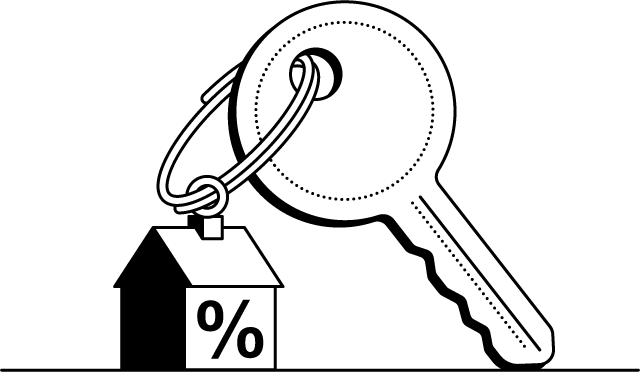
Removal costs
Unless you own a large van or truck or have no furniture, you’ll probably have to spend money on moving your belongings in to your new home. Your main options are:
Hire a van and do it yourself
- the costs will probably range from £100 and can go up to a few hundred. But this is only recommended if you have a small number of personal belongings – or a small army of family and friends to help you.
- you may also be charged by the day, so it might be hard to cut costs by doing fewer trips over more days. Oh, and never underestimate how much space ‘stuff’ takes up – don’t sell yourself short with a cheap but tiny van!
- on top of this, there are a few other costs such as cardboard boxes and bubble wrap which can work out expensive if you own a lot of things. Do some research online and see if you can pick up a bargain
- fuel costs can add up, especially if you’re moving a long distance.
Hire a removal firm to do the job for you
- the cost can be between £400–£1,200+ depending on several factors like how much stuff you need to move, and the distance you need to travel
- some removal firms charge by the amount of stuff you have and others by the hour
- you can also have them do the packing for you, which may cost an extra £150–£400
- removals companies usually have removals insurance, so when you get your quotes for removals you can have the peace of mind that your belongings will be covered during transit
- your home insurance policy may cover accidental damage or loss if you are using a professional removals company.
The material contained in this document is for information purposes only and does not constitute advice.
You should obtain relevant legal or other advice if you are unsure about the effect on you of any matter in this document.
